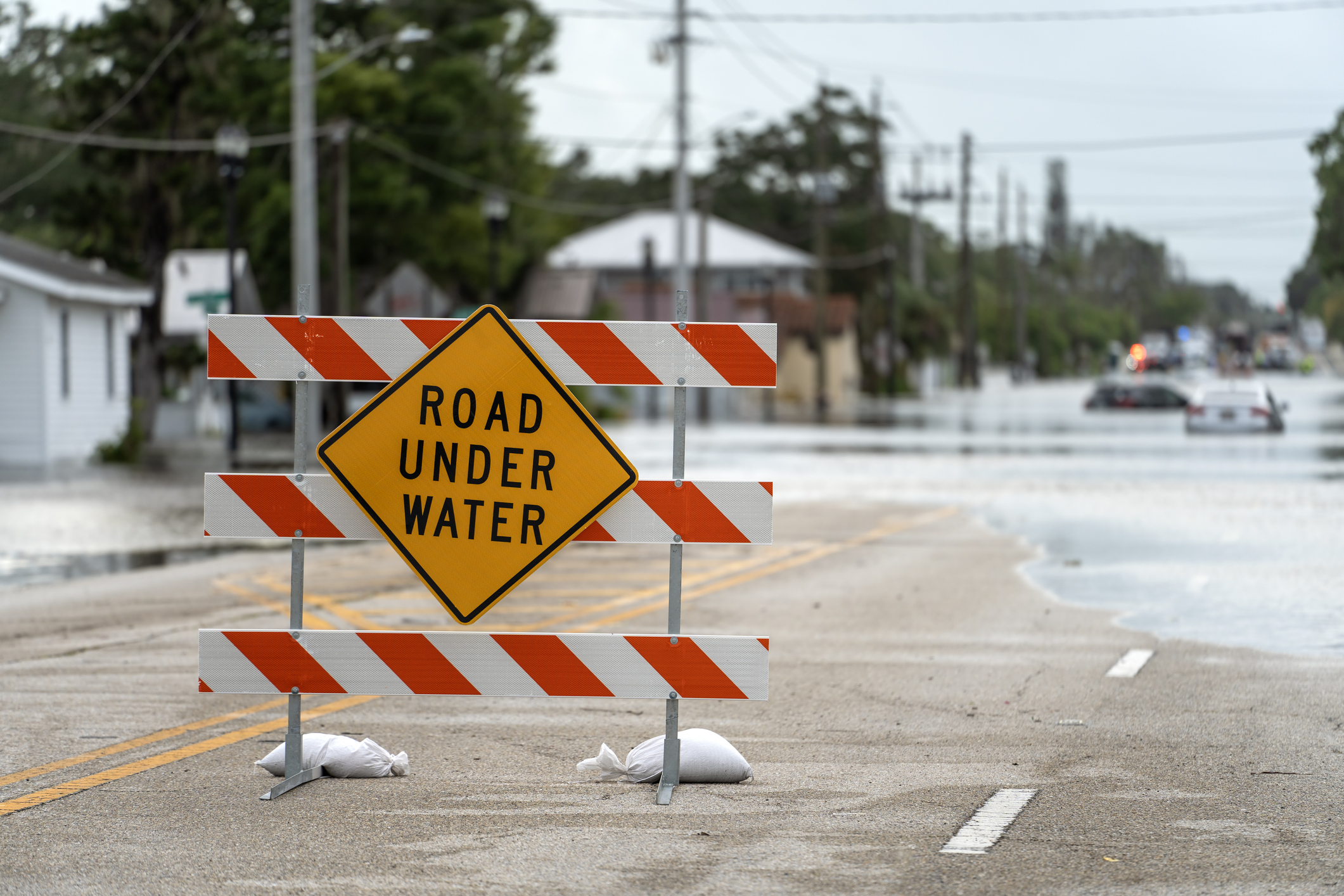Washington State Attorney Bob Ferguson recently announced he opposes the expansion of a natural gas pipeline in Washington state, claiming “This pipeline is bad for the environment and bad for consumers.” He is asking the Federal Energy Regulatory Commission to reject the energy project.
A look at the math of his claims demonstrates, however, that the expansion of the pipeline would have no impact on total greenhouse gas emissions in Washington state. His effort to block the expansion would not address the impacts he cites as justification for his opposition.
The AG makes two contradictory claims. He claims (falsely) that the pipeline would “increase greenhouse gasses that the state is working to reduce over the coming decades.” He then says (correctly) that, due to “restrictive natural gas policies in the affected states,” demand for natural gas in Washington state will decline, leaving the infrastructure unused. The laws that restrict natural gas use also prevent the pipeline from increasing emissions. Let’s look at the math.
The AG’s main claim is that “The project would emit approximately 3.47 million metric tons of carbon dioxide equivalent per year, for at least the next 30 years. This is equivalent to adding 754,000 cars on the road each year until 2052.” There are three major problems with this claim.
First, as the AG notes, Washington already has very strict laws that phase out the use of fossil fuels. Under Washington’s new CO2 cap, emissions are required to decline to 50 percent of 1990 levels by 2030 and to 95 percent below 1990 levels by 2050. The presence of a potential supply of natural gas doesn’t change those caps. It would, quite simply, be illegal to emit more than the allowable amount of CO2.
On the one hand, Ferguson brags about the strict laws that mandate CO2 emissions reductions, then ignores those limits when saying the pipeline would increase emissions. Washington’s CO2 emissions will be the same with or without this pipeline.
Second, the AG assumes the natural gas carried by the pipeline would be in addition to the existing supply. What is more likely is that the demand for natural gas for home heating would be met by shipping the fuel by ship or truck. Simply changing the way fuel is transported doesn’t reduce the supply of natural gas or the associated CO2 emissions.
Finally, while the AG cites environmental impacts from climate change, he never claims blocking the pipeline would do anything to address those impacts.
For example, the AG says climate change is expected to cause, among other things:
- “An increase of 67 percent in the number of days per year above 90 degrees Fahrenheit, relative to 1976-2005, leading to an increased risk of heat-related illness and death, warmer streams and more frequent algal blooms;
- A decrease of 38 percent in the state's snowpack, relative to 1970-1999, leading to reduced water storage, irrigation shortages and winter and summer recreation losses;”
He also says, “air pollution from wildfires would compound the air quality issues for people living in the area.”
Yet neither the AG’s own legal brief nor his press release claim that stopping the pipeline would reduce these impacts. He makes no effort to claim that the pipeline would increase the risk of forest fires or that stopping it would reduce that risk. If the AG believes blocking the pipeline would reduce climate impacts, he should say so and explain how, rather than providing a list of theoretical harms in the hope that people will think there is a link between the pipeline and those impacts.
The problem with these ad hoc policies is that they are wasteful, ineffective, and increase the cost of reducing CO2 emissions for no reason. The state’s CO2 cap has problems, but one of the benefits is that it is a consistent and uniform policy that eliminates the need for other random and inconsistent approaches to reducing risks from climate change.
The political rewards of appearing to address climate change are such, however, that politicians like Ferguson are encouraged to spend taxpayer money on symbolic legal action rather than effective policy.




